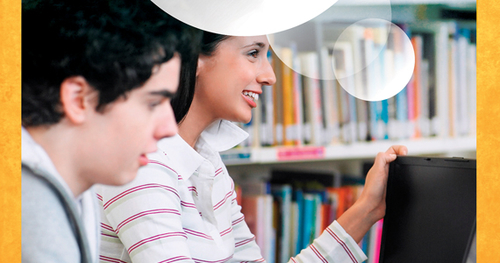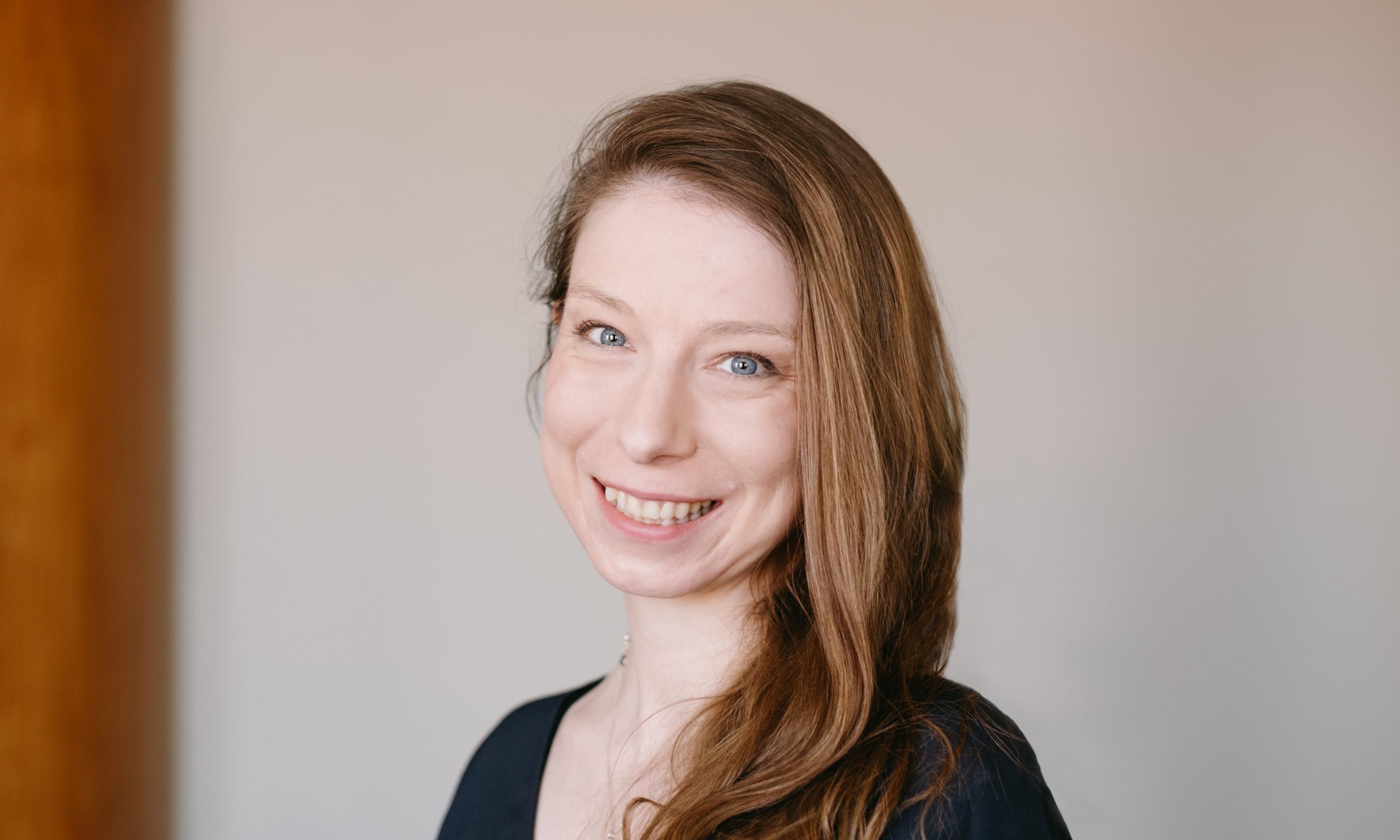One Cardus*U participant was interviewed about one of his projects in the Hamilton Spectator. Caleb Heerema is studying the results of 817 responses to an online survey that probed consumers' appetites for passed-over produce that doesn't make it to mainstream supermarkets. "We wanted to see if there are people out there who were interested in it," said Heerema, who studied biology and chemistry at Redeemer College and is in the middle of an eight-month project with the Hamilton-based think-tank Cardus. "Seconds" are available at farmers' markets, but Heerema's idea is to provide another, more formalized option at The Mustard Seed for such rejected produce, if the figures support it. He wants to help farmers offer cheaper produce to consumers and cut back on food waste. "Really, everybody wins." The idea, still in its conceptual stage, aligns with The Mustard Seed's members' interests, says co-founder Graham Cubitt. "We know it doesn't have to look perfect to be good." Heerema, who was raised on a northern Ontario farm, said Canadians are blessed with bountiful resources but might have the "wrong mindset" when it comes to food stewardship. Read the rest of this article at the Hamilton Spectator's website, and listen to Heerema's radio interview on The Scott Radley Show here. Learn more about the Cardus*U program by clicking here or following the Facebook page.

Cardus*U participant featured in local paper
January 7, 2015

Social Cities: Investing in Communities
Critical decisions that direct our shared future as Canadians increasingly deal with the place where more and more Canadians live: cities. Please donate by December 31, 2014 to receive a 2014 charitable tax receipt: click here. For a flourishing urban life, physical infrastructure matters. Water, food, electricity, gas, and building materials need to be organized into systems, often ones that are complex and interdependent. And cities need to pay close attention to these systems because when they don’t work, everyone notices: potholes tell us the roads need attention and murky water suggests that our water mains might need repairs. Yet at Cardus, we realize that the social infrastructure of our cities needs similar attention. Particularly when the various signs of breakdown—loneliness, community disintegration, or crime—manifest themselves, we know it’s time to work towards renewal. For this reason, Cardus has been working in several major Canadian cities and a handful of smaller ones in order to raise awareness about the current state of our social infrastructure. Although it’s an uncommon phrase, social infrastructure is concerned with the way in which our families, schools, workplaces, courts, businesses, governments, and many other organizations relate to each other in their dependence on agreements, shared cultural values, and common social goods. We have noticed a gap between faith-based organizations and municipal planning processes. Despite significant contributions to community well-being, there remains a missing piece of social infrastructure that prevents greater respective contributions to more resilient and enriched communities. We and our community partners are pioneering new approaches that explore what might be developed to bridge this gap. Cardus is also making significant investments in learning how our historic work on social architecture can make a particular contribution to the social resources of our city institutions and organizations. Stepping out into new territory requires significant support, talented people with an ability to learn and persist, as well as strong institutional partnership skills. We are bringing all of this to our Social Cities project and would greatly value being able to count you among this visionary effort. Your financial support for our research programs will provide a tax deductible receipt for you and a strong signal to us that we are on the right track. Finding new ways to invest in the social infrastructure of our communities is as vital as maintaining bridges, clean water, and policing. We believe that the best time to invest in this work is now. Milton Friesen Program Director, Social Cities December 2014 Please donate by December 31, 2014 to receive a 2014 charitable tax receipt: click here.
November 30, 2014

Education: Proving Excellence
The Cardus Education project has a special place in our mission to renew North American social architecture. Our research, papers, and events not only focus on shaping the educational landscape in a way that affects public square realities today, but if done well, the fruits of our work will shape the education of the next generation and will reap even greater dividends down the road. It’s a two-for-one deal and we have been thrilled with the dividends this project is providing. Please donate by December 31, 2014 to receive a 2014 charitable tax receipt: click here. This past year was the first complete year that the Cardus Religious Schools Initiative, our research partnership with the University of Notre Dame, has been functional and already great strides have been taken. In addition to another benchmark survey of the US education data, we’ve authored over twenty research reports, participated in several academic conferences, and most importantly, have seen our research extensively utilized by a wide range of religious schools. Perhaps the most tangible illustration of the conversation-changing impact this work is having was the invitation to present our findings at the CUNY Institute for Educational Policy at the Roosevelt House in New York City. This event attracted leaders from across the educational establishment, engaged with Jewish and Muslim school leaders, and was covered in the New York Post. Yet to keep up this momentum, we do need your help. Cardus can develop ideas, take initiative, and point to the fruits of our efforts, but an even more important measurement of what we do is the extent to which we are able to speak on behalf of a growing community who care about these issues and are prepared to express their concern with solidarity and with giving. If you're able, please consider making a tax-receipted donation to Cardus in support of our work before the year is over. Thanking you for your past interest and support in Cardus and our work in education and looking forward to hearing from you. Ray Pennings Program Director, Education December 2014 Please donate by December 31, 2014 to receive a 2014 charitable tax receipt: click here.
November 30, 2014

Cardus to engage industry on trades careers
"Some of the cultural aspects around construction and how it's viewed...it's kind of a second choice option," said Brian Dijkema, Program Director, Work and Economics at Cardus. "What we wanted to do was work with our partners to show that working in the construction trades is worthy of being considered a first choice option." The project will include a series of Canada-wide roundtable discussions involving key players in the industry, government and education system. The first meeting will be held on Oct. 27 in Calgary, followed by a meeting in Vancouver on Oct. 29, Toronto on Nov. 6 and Ottawa on Nov. 20. "At those roundtables...we are going to engage folks in the education sector on that file because one of the things that have come up is the difficulty communicating those opportunities," Dijkema added. "People are simply not aware of them. One of the outcomes we hope is greater awareness and an actual attempt to focus on guidance counsellors." Read the rest of this article at the Daily Commercial News website.
October 7, 2014

Introducing the Building Meaning Project
Working with your hands: it takes skill, intelligence, patience, and a pride in what you're doing. But in North America today, some of our policies and structures assume that getting your hands dirty is second-class work. The Building Meaning Project will reframe our understanding of the trades and make the connection between the dignity of working with one's hands, good jobs, and a healthy Canadian economy. In the Daily Commercial News, Cardus Work and Economics program director Brian Dijkema spoke about why this project is so important: "We want to communicate that...construction trades work is actually meaningful, stimulating work," he said. "It's intellectually demanding, it's intellectually stimulating and there's a sense of meaning to when you're able to build something." Read the full interview here. For more on some of the trends that we're addressing in this project, read Doug Sikkema's article at the Cardus Daily: No Shame in Dirty Hands. And visit www.buildingmeaning.com for all the details.
October 7, 2014

Milton Friesen speaking at the University of Alberta
Join Milton Friesen, director of our Social Cities research program, for "The Other Side of the City: Urban Institutions That Harm and Help." This discussion is part of the Philosophers' Café Series hosted by the Ronning Centre. Location: Steeps, The Urban Tea House 11116 - 82nd (Whyte) Avenue Edmonton October 4, 2014 from 1:00-3:30 p.m. More on this series here.
October 4, 2014

Cardus participates in international Christian think tank event
On September 11 and 12, 2014, Cardus participated in a pilot project to launch an international network of Christians in think tanks hosted by the Transatlantic Christian Council. Other organizations involved included the Acton Institute, Alliance Defending Freedom, Renaissance Partnership for Faith and Culture, CitizenLink, and the Colson Center. Ray Pennings hosted a panel discussion with speakers Rocco Buttiglione, philosopher, policitican, and author of a biography of John Paul II, and Os Guinness, social critic and author of The Global Public Square.
September 12, 2014

Launch of 2014 Cardus Education Survey a success
The release of the newest U.S. data from Cardus Education took place at Roosevelt House in New York, New York, September 10, 2014. The event was hosted by the CUNY Institute for Education Policy in New York, New York. Panelists included former New York Education Commissioner David Steiner, CUNY Institute for Education Policy's Ashley Berner, Islamic Schools League's Kathy Jamil, and Sean Corcoran of New York University. For more information on the data, visit www.carduseducationsurvey.com
September 10, 2014

Public Paying Too Much for Major Construction Projects
HAMILTON, September 9, 2014—A report published today by Hamilton-based think tank Cardus says Ontario could free anywhere from $188 million to $283 million a year simply by making small changes to the way it procures major public construction projects. "The reality is that the public is not getting good value or a bang for its buck," said Brian Dijkema, coauthor of the report and director of Work and Economics at Cardus. "When construction projects are tendered in such a way that costs rise 20 to 30 percent, there's clearly something wrong." Currently a section of the Ontario Labour Relations Act has forced major municipalities including Toronto, Hamilton, Sault Ste. Marie, and the Region of Waterloo to be certified as "construction employers," preventing 70 percent of local companies from competing for local construction projects. The paper, Hiding in Plain Sight: The Need for Fairness and Fiscal Responsibility in Construction Procurement, examines the impact of these restrictions. "When Ontario and its cities are in desperate need of infrastructure and short on cash, we should be making sure our dollars go as far as they can," said Dijkema. "It's time we encouraged healthy construction competition that results in greater efficiency, fairness, and savings." The report, co-authored with procurement expert Stephen Bauld, is the latest publication of the Cardus Construction Competitiveness Monitor. Cardus is a think tank for social innovation that builds intellectual capacity, social networks, and policy alternatives to sustain a wide range of cultural entrepreneurs involved in the study and renewal of North American social architecture. The report and previous publications can be found at here. Media Contact: Naomi Biesheuvel nbiesheuvel@cardus.ca
September 9, 2014
Media Contact
Daniel Proussalidis
Director of Communications



